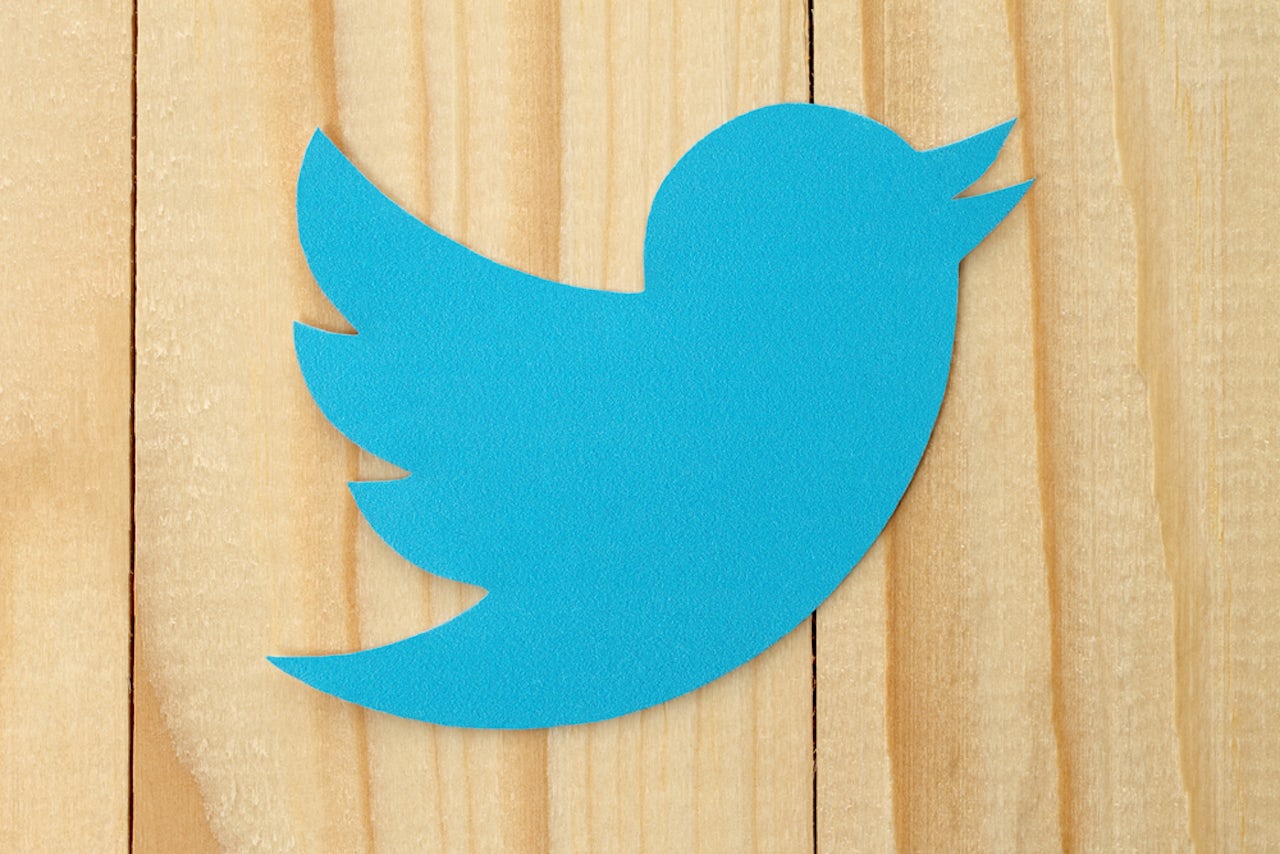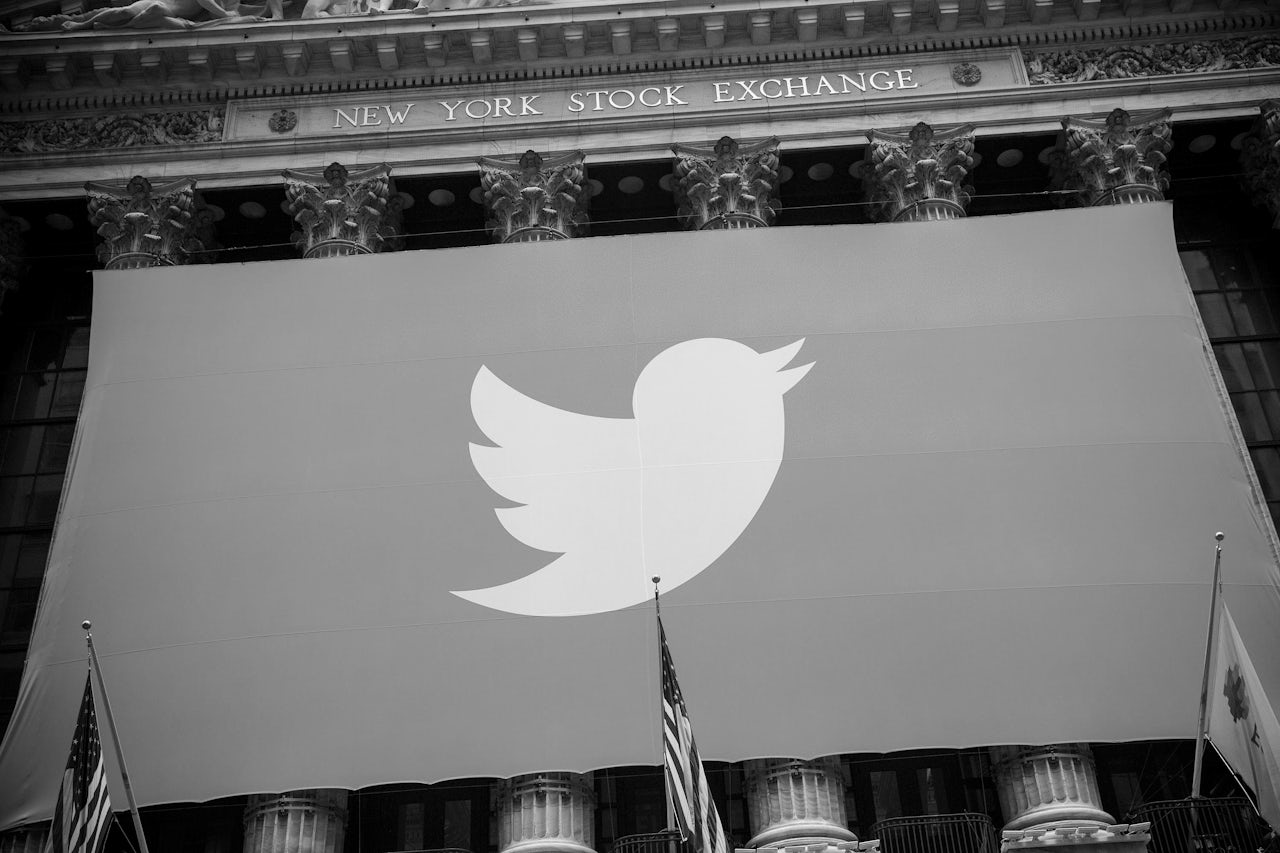On March 1, Twitter CEO Jack Dorsey admitted that his platform has a bit of a problem (the understatement of the year) when it comes to encouraging productive and meaningful interactions among its users. “We’ve focused most of our efforts on removing content against our terms,” tweeted Dorsey, “instead of building a systemic framework to help encourage more healthy debate, conversations, and critical thinking. This is the approach we now need.”
Dorsey goes on to explain that he believes that obtaining an independent review of the “health” of Twitter as a platform is the first step towards enacting such a framework. When Dorsey says “health” here, he apparently means a variety of different things beyond the traditional measures of engagement that social media giants have relied on in the past. An idea he expanded upon further in a series of tweets:
Our friends at @cortico and @socialmachines introduced us to the concept of measuring conversational health. They came up with four indicators: shared attention, shared reality, variety of opinion, and receptivity. Read about their work here. We don’t yet know if those are the right indicators of conversation health for Twitter. And we don’t yet know how best to measure them, or the best ways to help people increase individual, community, and ultimately, global public health. What we know is we must commit to a rigorous and independently vetted set of metrics to measure the health of public conversation on Twitter. And we must commit to sharing our results publicly to benefit all who serve the public conversation.
The tone of this announcement is undeniably unique in both its humanity and vulnerability. Twitter’s previous press releases and statements are often, well, statements — confident declarations or descriptions of the facts at hand — while this reads more like an admission, and lacking in transparency about what their content policies were or how they would be applied. In a subsequent tweet, Dorsey quite literally asks for help from the community at large, and links to a newly published page for independent experts to submit proposals on how best to measure the conversational health of Twitter.
“Successful applicants will collaborate directly with Twitter’s team, receive public data access and meaningful funding for their research,” the proposal page says. “Funding will be provided as an unrestricted gift to the proposer’s organization(s), to be provided in full at the start of the project. Our expectation is that successful projects will produce peer-reviewed, publicly available, open-access research articles and open source software whenever possible.”
While previous media companies have invited third-party researchers to collaborate independently, this appears to be the first such program solely dedicated to investigating conversational health and quality of interactions. Unlike Facebook’s focus on time well spent — which came from discussions and research led by those within the company itself — Twitter’s proposal submission program ensures that those inspecting at the platform will be wholly independent from it, meaning there just might be a chance that they’ll catch any of the countless issues that those at Twitter HQ have been so blind to.

